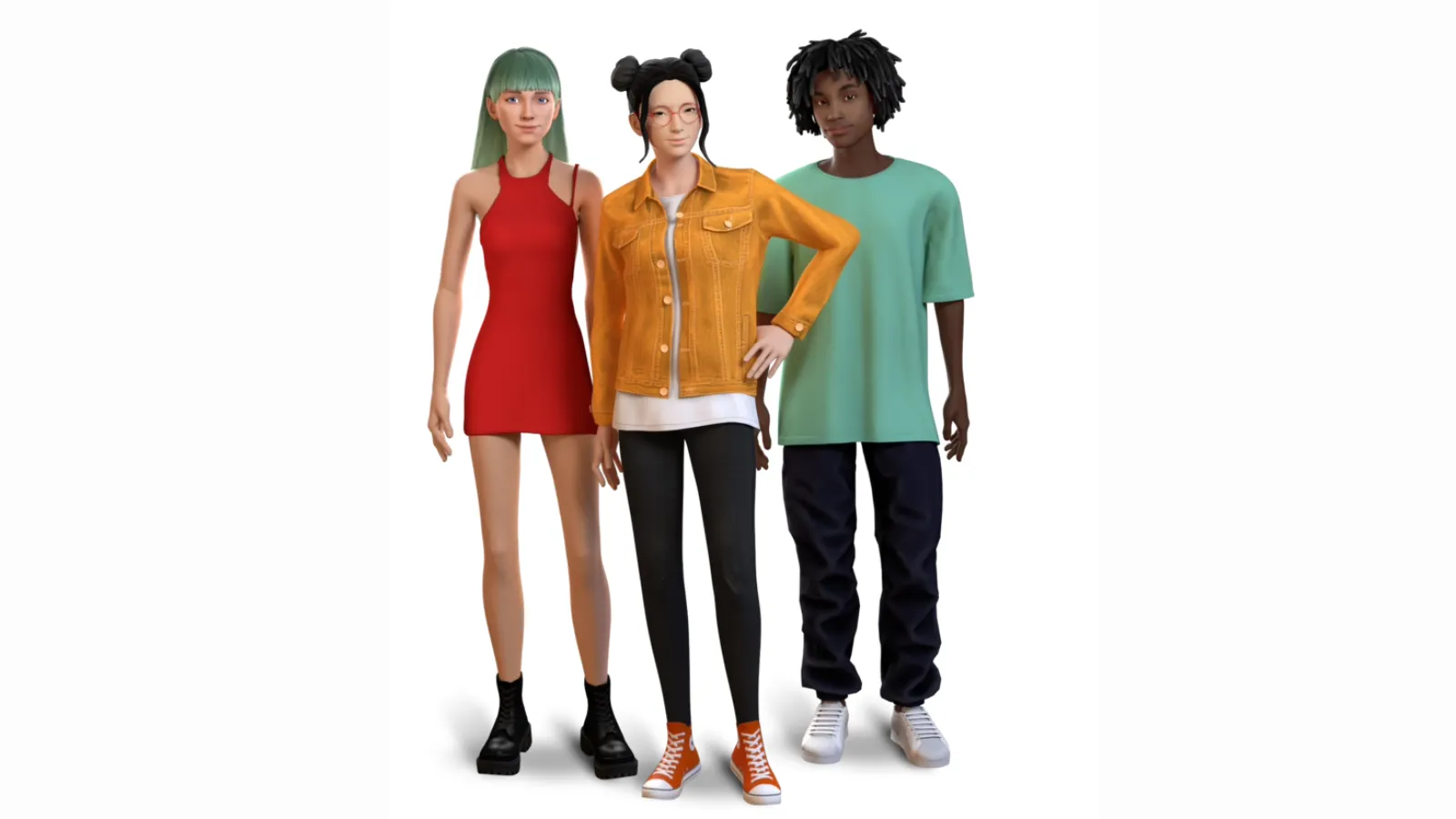
For all the commercial and business potential swirling around artificial intelligence, one of the facets most embraced by the cutting-edge of conversational technology is personal: AI companions. Whether serving as interactive friends, romantic partners, or simply sympathetic sounding boards, they're in high demand.
While the majority of the media attention around AI companions has focused on virtual sex and the prurient aspects of relationships with digital avatars, Replika CEO Eugenia Kuyda says the discussion is more complex.
“It's about connection, feeling better over time,” Kuyda told Decrypt. “Some people need a little more friendship, and some people find themselves falling in love with Replika, but at the end of the day, they're doing the same thing.”
Replika is currently available for desktop computers, iOS, Android, and Oculus/Meta Quest VR headsets, and is among the most popular services in the space, touting more than 30 million virtual companions created.
As Kuyda explained, an upcoming update—dubbed Replika 2.0—will feature more realistic avatars and voices. While unnecessary for tasks like a customer support chatbot, Kuyda said deeper relationships thrive on these immersive elements.
“When you're spending time with someone like an AI, I don't think it's interesting to talk to someone and never get to see them,” she said. “It becomes really flat at the end of the day—you want a much more three-dimensional experience where you can see the person.
“When we're talking about a relationship, a lot goes into it,” she added.
Kuyda said refining the visual presentation is important to generating the connection with the AI companion.
“I think that it's really important for people to be able to see who they're talking to and just create so much more immersion, so much more realism, and adapt to the relationship,” she said.
Launched in 2017, the idea behind Replika emerged after a personal tragedy, Kuyda explained, when she wanted to have a way to continue speaking with a person she lost.
“A lot of people came to talk to that chatbot, and they were opening up; they were sharing about their lives and feelings,” she said. “That gave us an idea. It showed us that there's so much demand, so much need to be able to talk to someone.”
So Replika was born, “an AI friend that you could talk to anytime,” she said.
Experts caution against using AI for relationships or therapy, however, noting that while an AI can mimic human interaction, it isn’t a human and can never truly care for someone. And despite being called Replika, Kuyda emphasized that a person can not make a replica of a loved one using the AI.
Users still become attached to their Replika, using it for emotional support.
One aspect of a relationship with a Replika AI companion is the ability to give it a relationship status. These relationships range from mentor and friend to spouse.
“People ended up perceiving Replika in different ways; some people think ‘that's my wife,’ or ‘that's my girlfriend,’ or ‘that's my husband’ or someone I trust, a coach,” Kuyda explained. “So we basically just chose some of these options for people to choose, because that basically makes the experience quite different.”
Kuyda believes the romantic aspect of AI companions is overblown, fueled by hype-driven media, and the conversation should focus on whether or not the user is happy.
“When you think about this, what if there's a person who's homebound for a certain reason or disability—are we not going let them fall in love with a character and have a relationship that brings some sweetness and joy to their life for a period of time?” she asked.

A continuing concern in the conversation around generative AI is user privacy, which Kuyda said is a top concern for Replika.
“We don't sell people's data, we don't monetize in any way,” she said. “Our users pay us for subscriptions. If they want to delete their data, it's immediately deleted. We don't train on user conversations, on what users write. We only use their feedback to what Replika says, which they know goes to training.”
User data that is collected is done with the data disconnected from the user’s profile and user name, Kuyda explained, adding that the company is committed to aligning its values with user well-being to ensure trust and transparency.
“We want what's good for them, because that's what we promise them, and they pay us for it,” Kuyda said. “So I think this is critical, if you're trying to build a company that's making people feel better and feel happier, it's really critical to get motivations aligned.”